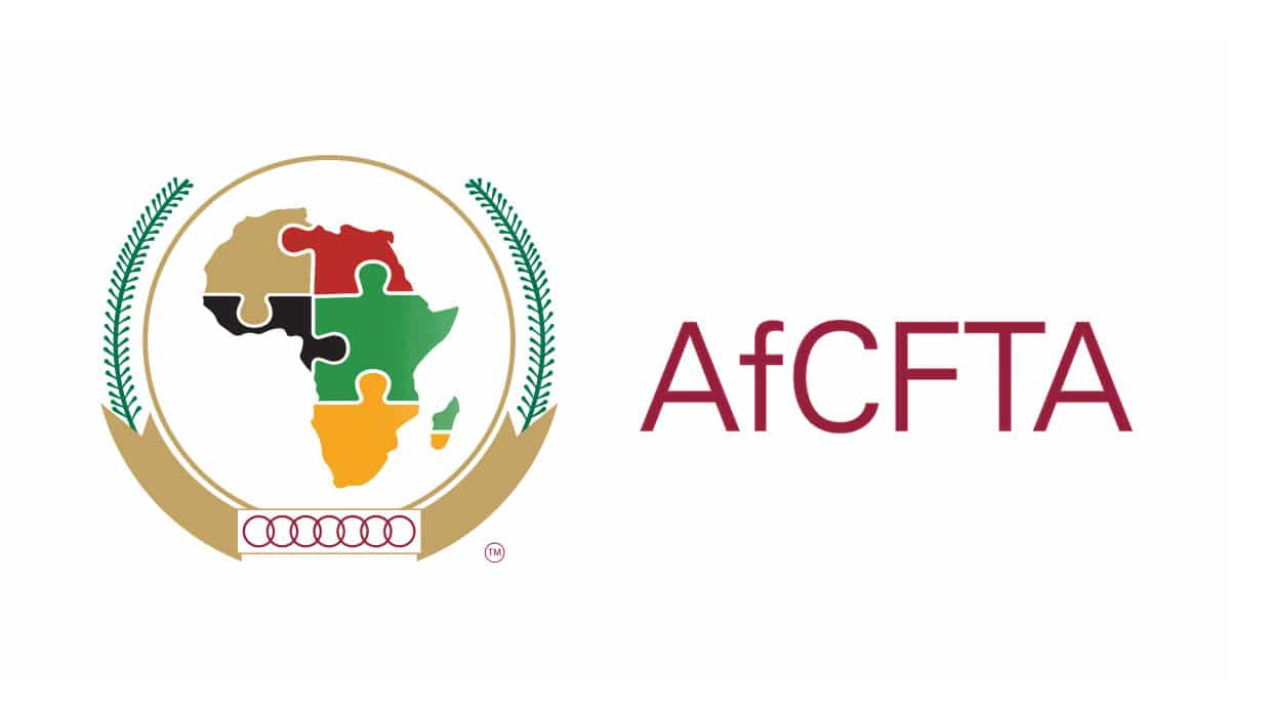
As AfCFTA Takes Off …C0NTINUE READING HERE >>>
President Bola Tinubu recently domesticated the African Continental Free Trade Area (AfCFTA) with the kick-off of Preferential Trade. The Guided Trade Initiative under AfCFTA offers Nigerian traders the opportunity to benefit from its $50 billion export potential.
The President said the initiative will revolutionise the continent’s economic landscape. It also requires the nation to embrace the challenges ahead with enthusiasm and readiness to tackle them headlong in the interest of the stakeholders and collective survival.
The AfCFTA is designed to foster intra-African trade and enhance global competitiveness. It is essential for Nigeria, the continent’s most populous nation and a pivotal player in its economic landscape. Under the AfCFTA, Nigeria stands to gain from increased access to cheaper goods and services from other African countries.
The AfCFTA has been hailed as one of the most significant developments in the continent’s economic integration. The agreement aims to establish a single market for goods and services in Africa, promote intra-African trade, and boost economic growth and development across the continent.
With the implementation of AfCFTA, trade facilitation measures that cut red tape and simplify customs procedures would drive $292 billion of the $450 billion in potential income gains. Implementing AfCFTA would help usher in the deep reforms necessary to enhance long-term growth in African countries.
The agreement, it is expected, will create the largest free trade area in the world, as measured by the number of countries participating in it. The pact connects 1.3 billion people across 55 countries with a combined Gross Domestic Product (GDP) valued at US$3.4 trillion. It has the potential to lift 30 million people out of extreme poverty, but achieving its full potential will depend on putting in place significant policy reforms and trade facilitation measures.
The AfCFTA also provides a massive opportunity for Nigeria’s economic prosperity, especially in job creation, poverty reduction, attracting investments, and boosting trade relationships with other countries. Nigeria, as one of the largest economies in Africa, has a crucial role in the success of AfCFTA.
One of the primary challenges facing African countries, including Nigeria, is the lack of adequate infrastructure. The deficits, such as poor roads, inadequate power supply, and limited access to ports and airports, can significantly hamper the movement of goods and services across borders. To fully benefit from AfCFTA, Nigeria needs to address its infrastructure deficiencies. The government can invest in critical infrastructure projects that will facilitate the movement of goods and services across borders, such as constructing new roads, expanding existing ports and airports, and providing reliable power supply.
Trade facilitation refers to the processes and procedures involved in moving goods and services across borders. It consists of reducing trade time and cost and simplifying trade-related procedures. Nigeria must improve its trade facilitation processes to take full advantage of AfCFTA. The government can implement measures to reduce the time and cost of trade, such as using technology to automate trade procedures, simplifying customs procedures, and reducing non-tariff barriers to trade.
Access to finance is a critical factor in promoting trade and economic growth. Nigeria needs to increase access to finance so that its traders and businesses can benefit fully from AfCFTA. The government can work with financial institutions to develop innovative financial products supporting trade and investment across borders. The government can also establish a trade finance facility to provide affordable finance to Nigerian traders and businesses engaged in intra-African trade.
The government can also support small and medium enterprises (SMEs), which are considered the backbone of the Nigerian economy and account for over 80 percent of the country’s businesses. They play a critical role in intra-African trade but face significant challenges, such as limited access to finance, inadequate infrastructure, and poor trade facilitation. The government can support SMEs to benefit from AfCFTA by providing them access to finance, improving infrastructure, and simplifying trade procedures. The government can also establish an SME support programme to provide Nigerian SMEs with training, mentorship, and market access.
The success of AfCFTA is crucial for the economic well-being of Nigeria and the entire African continent. Nigeria has a critical role to play in ensuring that AfCFTA succeeds. The government can address infrastructure deficiencies, improve trade facilitation, increase access to finance, and fully support SMEs to benefit from AfCFTA. By doing so, Nigeria can leverage the opportunities presented by AfCFTA to boost its economic growth and development and contribute to the continent’s economic integration.
>
Leave a Reply